Entry Category: Cities and Towns
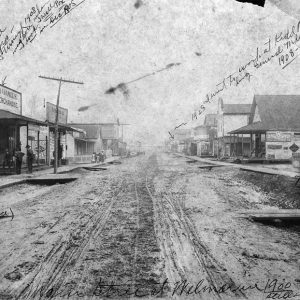 Wilmar Street Scene
Wilmar Street Scene
Wilmot (Ashley County)
Wilson (Mississippi County)
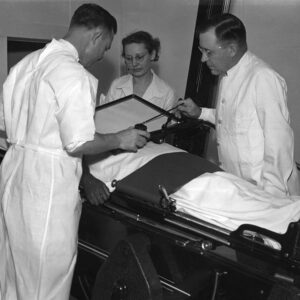 Wilson Clinic
Wilson Clinic
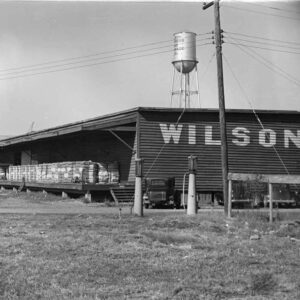 Wilson Cotton
Wilson Cotton
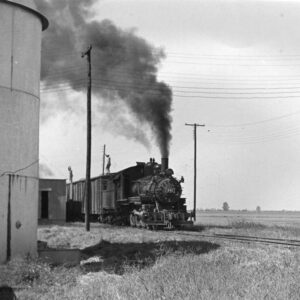 Wilson Depot
Wilson Depot
 Wilson Store Interior
Wilson Store Interior
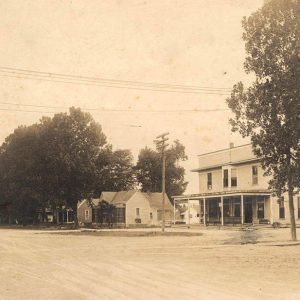 Wilson Street Scene
Wilson Street Scene
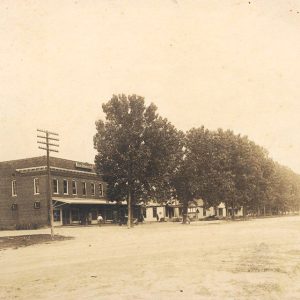 Wilson Street Scene
Wilson Street Scene
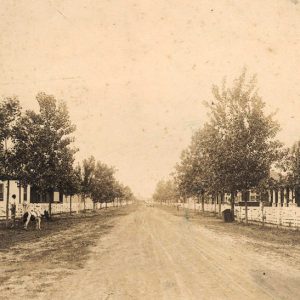 Wilson Street Scene
Wilson Street Scene
Wilton (Little River County)
Winchester (Drew County)
 Winery Ad
Winery Ad
Winfield (Scott County) [Northeast]
Winfield (Scott County) [West]
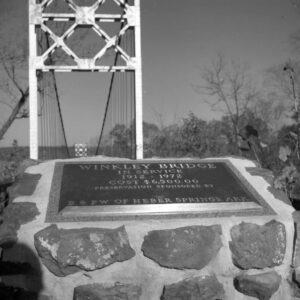 Winkley Bridge
Winkley Bridge
Winslow (Washington County)
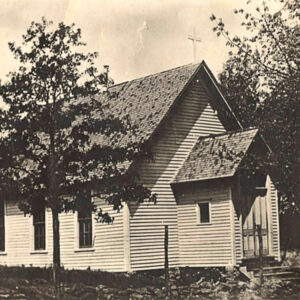 Winslow Church
Winslow Church
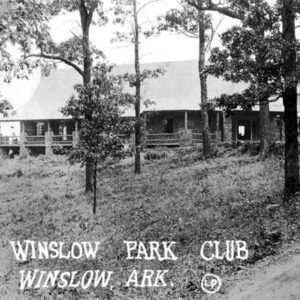 Winslow Park Club
Winslow Park Club
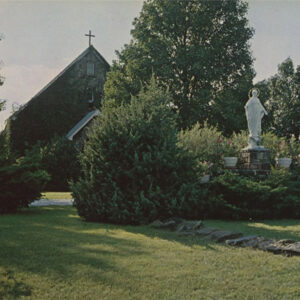 Winslow Shrine
Winslow Shrine
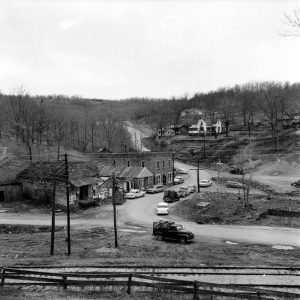 Winslow Street Scene
Winslow Street Scene
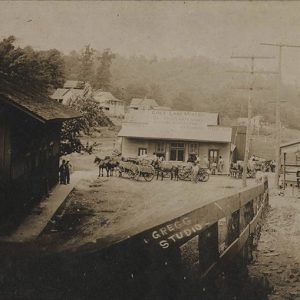 Winslow Street Scene
Winslow Street Scene
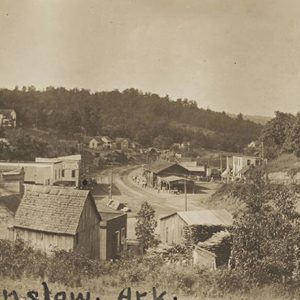 Winslow Street Scene
Winslow Street Scene
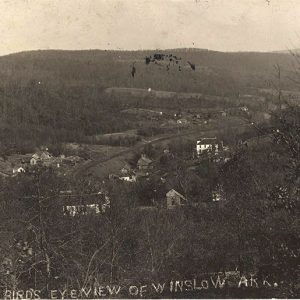 Winslow View
Winslow View
Winthrop (Little River County)
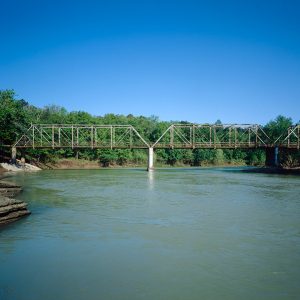 Wire Ford Bridge
Wire Ford Bridge
Wirth (Sharp County)
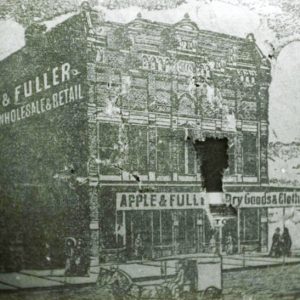 Witcherville Retailer
Witcherville Retailer
Witherspoon (Clark County)
Witherspoon (Hot Spring County)
Wittsburg (Cross County)
Wolf Bayou (Cleburne County)
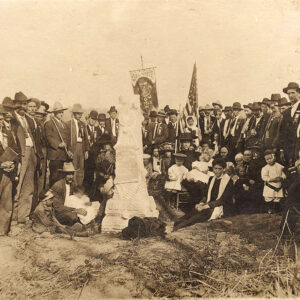 Wolf Cemetery Monument Dedication
Wolf Cemetery Monument Dedication
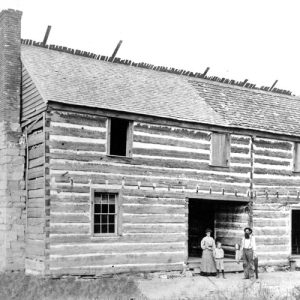 Jacob Wolf House
Jacob Wolf House
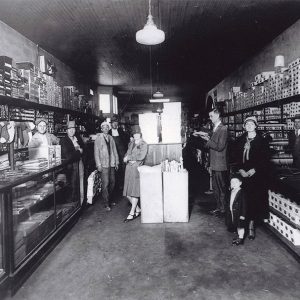 Wolfe Dress Shop
Wolfe Dress Shop
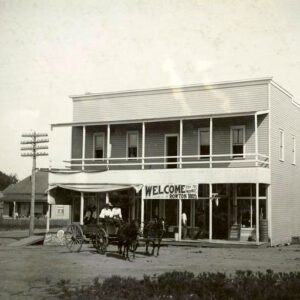 Womble Businesses
Womble Businesses
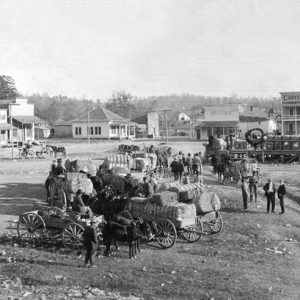 Womble, 1914
Womble, 1914
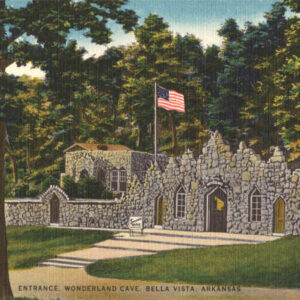 Wonderland Cave Entrance
Wonderland Cave Entrance
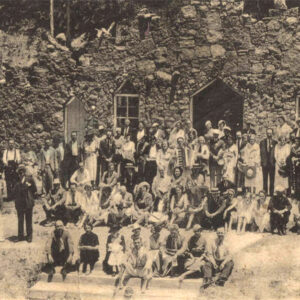 Wonderland Cave Visitors
Wonderland Cave Visitors
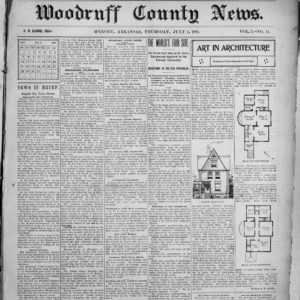 Woodruff County News
Woodruff County News
Woodson (Pulaski County)
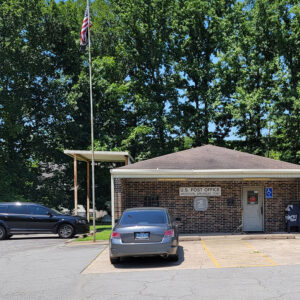 Woodson Post Office
Woodson Post Office
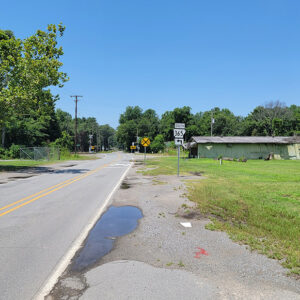 Woodson Street Scene
Woodson Street Scene
 Woodson-Hensley Water Tower
Woodson-Hensley Water Tower
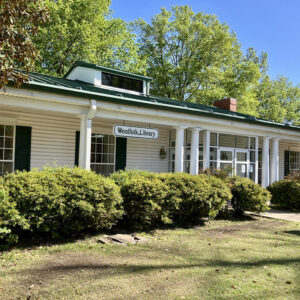 Woolfolk Library
Woolfolk Library
Wooster (Faulkner County)
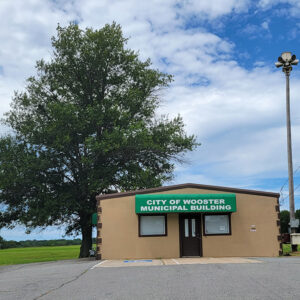 Wooster Municipal Building
Wooster Municipal Building
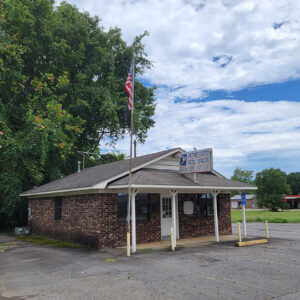 Wooster Post Office
Wooster Post Office
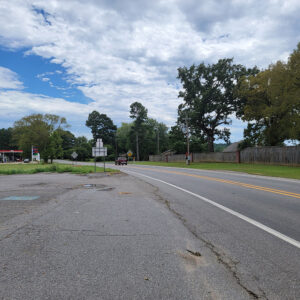 Wooster Street Scene
Wooster Street Scene




